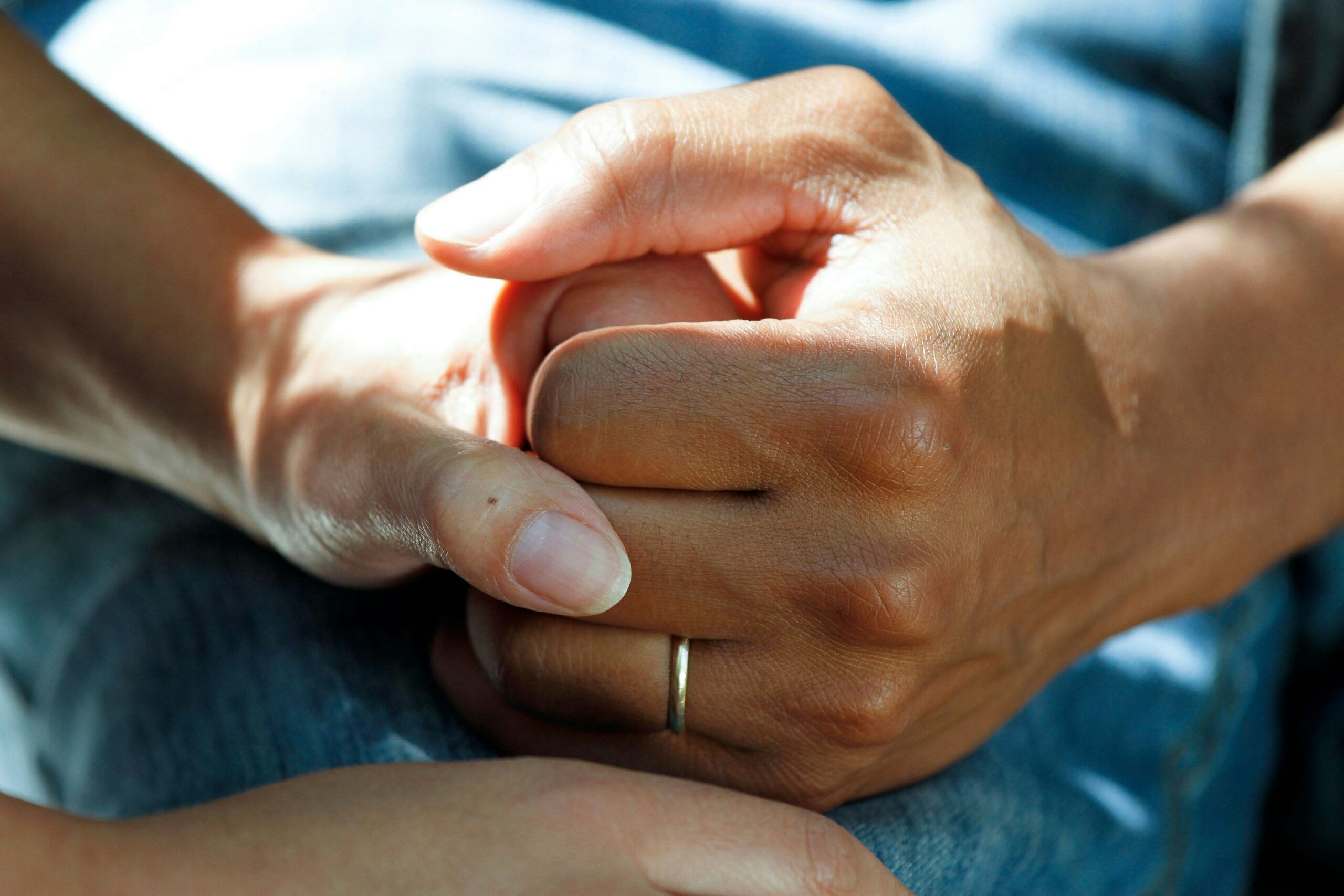
As Australians consider escaping the winter chill by planning a “Euro summer” or a Mediterranean cruise, there’s an essential item that should not be overlooked on the pre-travel checklist: a flu shot. For many, this could mean receiving a second flu shot within the same year, a strategy that could prove vital in ensuring a healthy and enjoyable holiday.
Protection from a flu vaccination diminishes after three to four months, which means that those vaccinated in April or May may not have sufficient immunity by the time they travel in July or later. Health experts are now recommending that Australians traveling to the northern hemisphere between October and May consider a second flu shot if their initial vaccination was earlier in the year.
Understanding the Need for a Second Flu Shot
Flu shots are formulated to provide protection for a limited period, and the waning effectiveness necessitates a booster for those traveling to areas where flu season is active. According to health guidelines, a second shot should be administered at least four weeks after the first, ideally two weeks before departure to allow the body time to build up immunity.
In 2023, Australia reported over 167,000 confirmed flu cases by early July, underscoring the importance of vaccination. For travelers who have not yet received a flu shot this year, now is the time to act.
High-Risk Scenarios for Flu Transmission
Certain travel scenarios elevate the risk of flu transmission. Cruises, for example, are notorious for outbreaks due to the close quarters shared by hundreds or thousands of passengers. Similarly, group tours, music festivals, and cultural events often involve large crowds in confined spaces, increasing exposure risk.
Pilgrimages and religious gatherings such as Hajj, Lunar New Year, or Ramadan also pose significant risks, particularly for older travelers or those with underlying health conditions. These events can draw millions of international visitors, creating environments ripe for the spread of respiratory viruses.
Who Should Consider a Second Shot?
Individuals over 65, those with medical conditions like severe asthma or diabetes, or anyone on medications that suppress the immune system should strongly consider a second flu shot before traveling during the northern hemisphere’s flu season. The Centers for Disease Control and Prevention (CDC) emphasizes the importance of vaccination for these vulnerable groups.
Each year, health authorities develop flu vaccines tailored to the strains prevalent in each hemisphere. While Australians typically receive the southern hemisphere version between March and May, those traveling north should ideally receive the northern hemisphere vaccine. However, since it’s not available in Australia, a second dose of the southern hemisphere vaccine is recommended before departure.
Logistics of Getting Vaccinated
Flu shots are readily available at local pharmacies, GP clinics, and sometimes through workplace programs. Many pharmacies offer walk-in appointments, with the cost typically around A$25. While the first flu shot may be free for eligible individuals, such as those over 65 or with certain medical conditions, a second shot will likely incur a cost for travelers.
Consultation with a GP or pharmacist can help determine the most suitable vaccine and address any concerns about side effects, which are generally mild and resolve within two days.
The Importance of Flu Vaccination
Flu is not merely a nuisance; it can lead to severe illness, disrupt travel plans, and even result in hospitalization abroad. Moreover, travelers risk transmitting the virus to others who may be more susceptible. Ensuring flu vaccinations are up to date could mean the difference between enjoying an Aperol spritz on the Amalfi Coast and being bedridden with a fever.
As travelers finalize their itineraries and pack their bags, they should consider the broader implications of their health choices. A flu shot is a small step that could safeguard a much-anticipated holiday and protect the health of fellow travelers.






